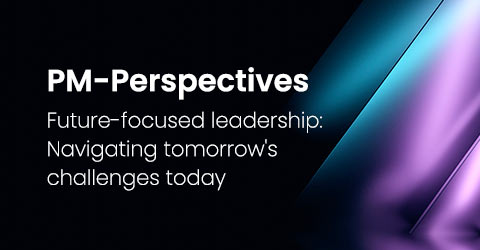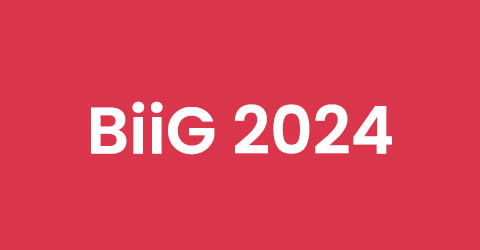Projects And The People Dimension
People issues can sometimes be the cause of project failure. The key question is, what approach should be taken to minimise the chance that people issues derail your project?
The answer lies in taking a two-part approach to the people dimension. Part one consists of a project utilising an organisational change approach appropriate to the projects, size, complexity and risk. Part two focuses on creating a high performing project team.
Organisational Change Approach
Most projects deliver change to an organisation and therefore impact project stakeholders. In addition, all projects require the appropriate engagement of a variety of stakeholders to support each stage of the project life-cycle.
Large projects should strongly consider having an end to end organisational change stream that utilises a recognised method ensuring a robust approach is taken from the organisational change analysis and strategy through to post go live support.
As a minimum, small projects should include a stakeholder analysis with the appropriate communications and engagement strategy.
High Performing Project Team
Whilst including an organisational change approach within projects is relatively common; what is less common is taking a systematic approach to developing a high performing project team.
One approach that has proven to be successful is focusing on creating the appropriate social context within a team focused around positive key behaviours. This system was developed by Dr Charlie Pellerin, the former director of astrophysics at NASA.
At the core of the 4D System are key behaviours within 4 areas. Those areas are:
- Cultivating: People need to feel appreciated
- Visioning: People need an aim, something hopeful to work towards
- Including: People need to feel that they belong
- Directing: People need to meet expectations.
Taking a 4D approach to creating a high performing project team would include:
- Conduct Team and Individual assessments to determine perspectives on how the team currently operates
- Based on the key behaviours identify key focus areas for improvement
- Provide examples of positive behaviour in each of the key focus areas for project team members to reference and model
- Realign Team and Individual assessments after a period of time
- Determine any future actions such as other behaviour areas or maintain the original focus
Studies show that using this approach improves project team performance and reduces the chance of project failure. To find out more call 1300 70 13 14 today.





